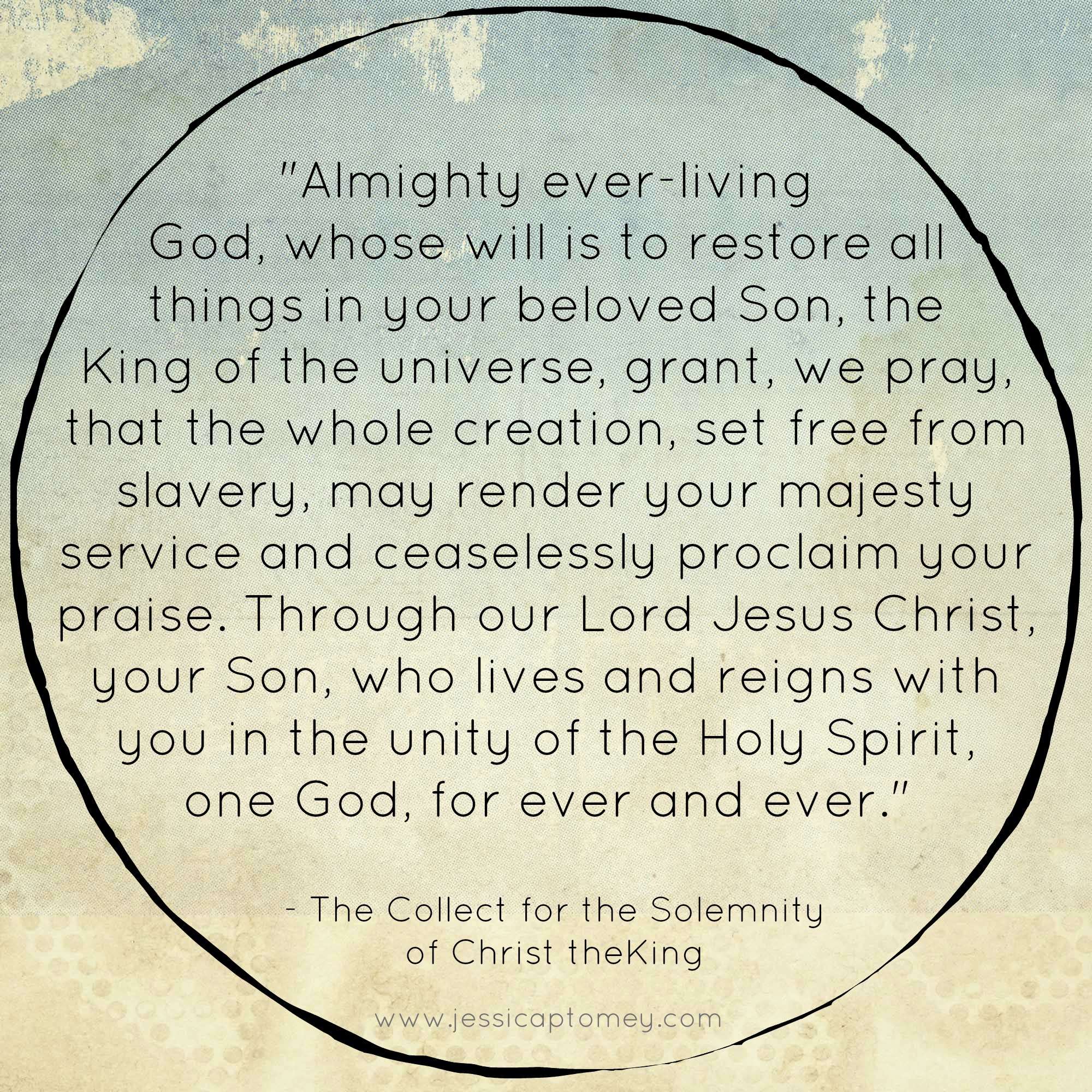Advent is upon us. It is an anticipation-filled season of preparation. We are making ready our hearts to celebrate our savior’s birth; and for that reason it is a penitential season as well. If we are truly entering into the fullness of preparation, then we have to be thorough. When we ready our home to welcome our holiday guests we dust out the cobwebs from corners and clear clutter that has been collecting in the spare bedroom. Must we not do the same in our hearts for the Advent of our King?
I have recently been listening to “Clean Heart,” a powerful song off of Matt Maher’s newest album, and it totally reminded me of Advent’s penitential role in preparing us for the celebration of Christmas. (In fact, I added it to my Advent Playlist on Spotify.) The lyrics capture what should be the disposition of our hearts during this time:
“When everybody’s looking for another fight;
when trouble’s on the rise, no end in sight;
oh, Savior won’t you come and make the wrong things right.
Let me be the place you start…give me a clean heart.”
So often we look to the external problems as the cause of our fractured world and disconnection to God. However, Maher’s words remind us where all repentence and restoration must start — internally, in our own individual hearts. The heart that enters Advent asking God to fix her own brokeness first is the humble soul that will be able to be used by God to redeem external brokeness according to his will and kingdom purpose. We cannot be participants in the coming of the kingdom of heaven on earth if our hearts are not dwellings fit to welcome our savior.
St. Teresa of Calcutta said, “Love to pray. For prayer gives a clean heart. And a clean heart can see God.” As we enter Advent, it is vital for us to spend time communing with the Lord, so that we can accurately assess the mess in our hearts. Do we have hearts that can see him, that will recognize his coming? The Lord can give us the hearts we need, but we have to release to him the ones we have been hiding. In Ezekiel 36:26, God says:
“A new heart I will give you, and a new spirit I will put within you; and I will take out of your flesh the heart of stone and give you a heart of flesh.”
When our hearts are not clean, they are not actually hearts at all. They certainly are not the dwellings that our Creator made to inhabit. Would you give your guest a bed of stone? Of course not, but we cannot give what we do not have. During this Advent season, don’t disguise your hard heart with fine linens; our savior came to a humble manger filled with straw. He doesn’t want the “filthy rags” of our self-righteousness and self-sufficiency (Isaiah 64:6). He wants a soft heart of flesh, and only he can give it to us. Give him your dirty, hard heart; and let him give you a new one — one that is a clean, humble, and soft manger in which he may lay.

Copyright 2017 Jessica Ptomey


 As in life, we all need rules in our homes. Everything and everyone would decend into chaos without them. So, as parents, we discern the best rules and routines to establish in our family life. No doubt we come up with good ones that serve admirable purposes. But it can be easy to lose sight of the fact that there is one rule that should govern and give meaning to all others — the rule of charity.
As in life, we all need rules in our homes. Everything and everyone would decend into chaos without them. So, as parents, we discern the best rules and routines to establish in our family life. No doubt we come up with good ones that serve admirable purposes. But it can be easy to lose sight of the fact that there is one rule that should govern and give meaning to all others — the rule of charity.